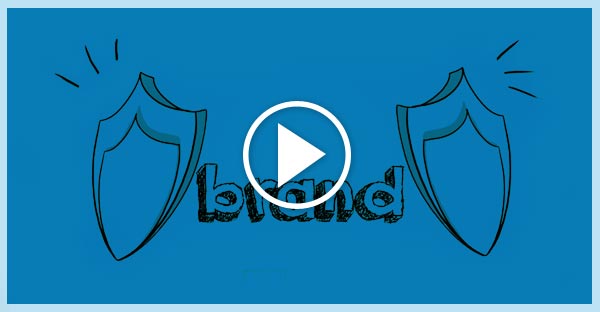The duration of copyright protection recently changed as a result of the Sonny Bono Copyright Term Extension Act of 1998. The easiest rule to state is that copyrights have expired on all United States works registered or published prior to 1923. As a result, all such works have entered into the public domain.
After 1923, it is more complicated to determine when a copyright will expire. Like the old provisions, the duration of copyright protection under these new provisions depends upon when the work was created and first published.
Works Originally created on or after January 1, 1978: This is governed by statutory section 17 USC 302. According to this section, a work that is created (fixed in tangible form for the first time) on or after January 1, 1978 is ordinarily given a term enduring for the author's life, plus an additional 70 years after the author's death.
In the case of "a joint work" prepared by two or more authors that was not a "work made for hire," the term lasts for 70 years after the last surviving author's death. For works made for hire, and for anonymous and pseudonymous works (unless the author's identity is revealed in Copyright Office records), the duration of copyright will be 95 years from publication or 120 years from creation, whichever is shorter.
